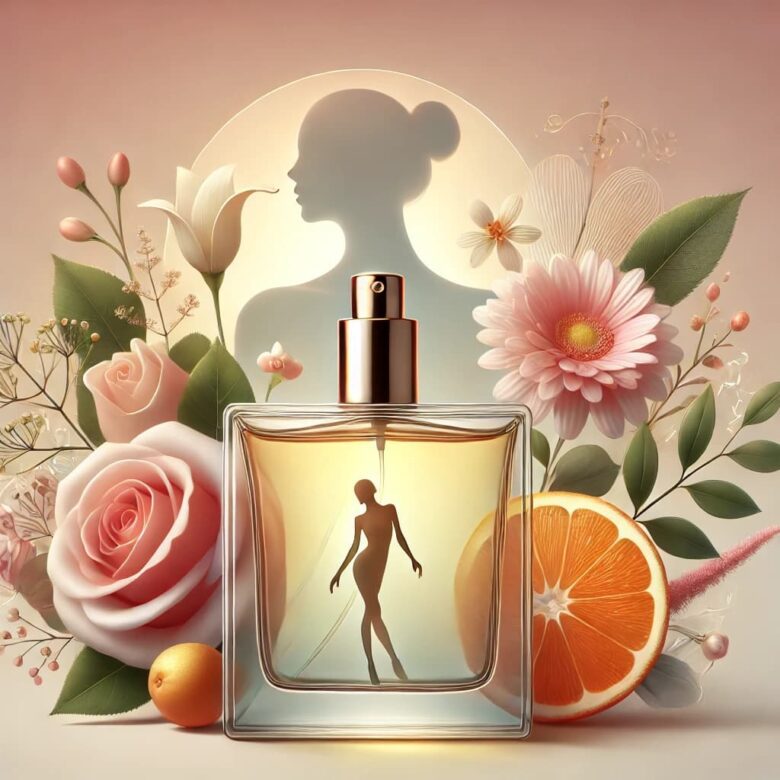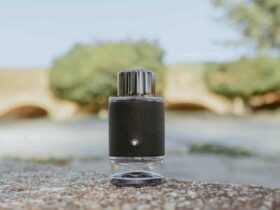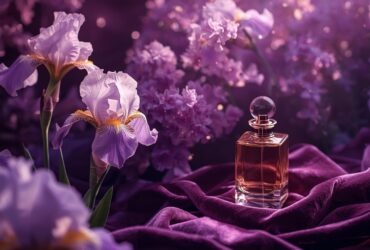Choosing the perfect perfume can feel overwhelming with so many options available. But what if I told you it’s more about enhancing your unique essence than blindly picking a trendy fragrance? Let’s dive into the art of selecting a perfume that aligns beautifully with your natural scent.
Understanding Your Natural Scent
What Is Your Natural Scent?
Your natural scent is the subtle aroma produced by your body. It’s influenced by factors like your diet, skin type, and even your body chemistry. Think of it as your unique olfactory fingerprint.
The Role of Skin Chemistry in Perfume Selection
Ever noticed how a perfume smells different on you compared to your friend? That’s your skin chemistry at play. Perfumes interact with your skin’s pH level, oils, and temperature, creating a unique scent blend.
The Basics of Perfume Notes
Top, Middle, and Base Notes Explained
Perfumes are composed of three layers of notes. The top notes give the initial impression, the middle notes form the heart of the fragrance, and the base notes linger the longest. Understanding this helps in choosing a well-rounded perfume.
Why Perfume Layers Matter
The interplay of these notes determines how a perfume evolves over time. A fragrance that smells heavenly in the bottle might not suit you once the base notes emerge.
Identifying Your Personal Preferences
Do You Prefer Floral, Fruity, or Woody Scents?
Explore different fragrance families to find what resonates with you. Floral scents like rose and jasmine evoke elegance, while woody or musky notes feel grounded and earthy.
Exploring Seasonal Fragrances
Light, citrusy perfumes are perfect for summer, while warm, spicy fragrances shine in colder months. Switching scents seasonally can keep your fragrance game on point.
Testing Perfumes on Your Skin
Why You Shouldn’t Rely on Scent Strips Alone
Scent strips give you a generic whiff of the fragrance. To truly know how it complements your natural scent, you need to test it on your skin.
Tips for Sampling Perfumes in Stores
Apply perfume on your pulse points and give it time to settle. Avoid testing too many scents at once—it can overwhelm your nose.
The Importance of Longevity and Silage
Understanding How Long a Perfume Lasts
Longevity refers to how long a perfume stays noticeable. This depends on the concentration—Eau de Parfum typically lasts longer than Eau de Toilette.
The Difference Between Subtle and Bold Scents
If you prefer a scent that whispers rather than shouts, opt for subtle fragrances with softer silage.
Matching Perfume to Your Lifestyle
Daily Wear vs. Special Occasions
Light, airy fragrances work well for daily wear, while bold, intense perfumes are ideal for special events or evenings out.
Selecting Scents for Different Moods
Feeling playful? Try fruity scents. Want to exude confidence? Opt for deep, woody notes.
Considerations for Skin Type and Sensitivities
How Skin Type Affects Fragrance
Oily skin tends to amplify scents, while dry skin might make perfumes fade faster. Knowing your skin type helps in selecting the right perfume.
Tips for Sensitive Skin
Choose hypoallergenic or natural perfumes to avoid irritation. Patch-testing is always a smart move!
The Role of Brand and Budget
Are Designer Perfumes Worth the Price?
High-end brands often use superior ingredients, but you can still find gems among affordable alternatives.
Affordable Alternatives That Smell Luxurious
Many niche and drugstore brands offer impressive fragrances that rival luxury perfumes.
Customizing Your Signature Scent
How to Layer Perfumes
Blend complementary fragrances to create a unique scent that’s all your own. Experiment with layering to find your perfect combination.
Finding Niche Perfume Brands
Smaller, artisanal brands often offer unique scents that stand out from mass-market options.
Maintaining Your Perfume Collection
Storing Perfumes for Longevity
Keep your bottles in a cool, dark place to preserve their integrity. Heat and sunlight can degrade the fragrance.
Knowing When to Replace Old Bottles
If a perfume smells off or has changed color, it’s time to bid it goodbye.
Choosing a perfume isn’t just about smelling good; it’s about expressing who you are. By understanding your natural scent and exploring fragrances thoughtfully, you can find the perfect match that enhances your unique essence. Remember, the best perfume is one that makes you feel confident and comfortable.






Leave a Reply